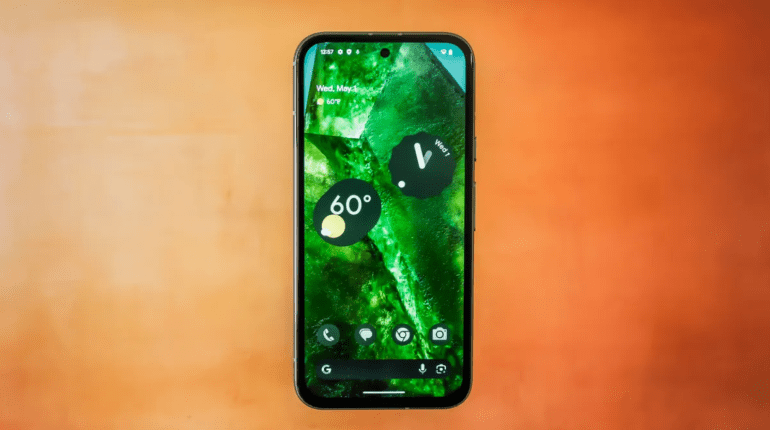- Google unveils Pixel 8A, priced at $499, with a focus on AI integration.
- Pixel 8A inherits AI features from higher-priced models, enhancing user experience.
- Industry trend showcases heightened emphasis on AI in smartphone development.
- Notable features include Audio Magic Eraser and Best Take for improved media editing.
- Competitors like Samsung and Apple also prioritize AI functionalities in their devices.
- Pixel 8A boasts seven-year software updates, vibrant display, and Tensor G3 processor.
- Camera specifications remain similar to its predecessor, but improvements in image processing expected.
- Familiar software features and safety-centric functionalities ensure a seamless user experience.
Main AI News:
In the realm of 2024’s smartphone innovations, one prevailing trend takes the spotlight: artificial intelligence. This trend echoes resoundingly in the newly unveiled Pixel 8A, slated for launch on May 14th at a competitive price of $499. Positioned as Google’s affordable smartphone offering, the Pixel 8A is poised to introduce a host of AI-driven functionalities, previously exclusive to its higher-priced counterparts.
The Pixel 8A underscores the concerted efforts of Android phone manufacturers to infuse their devices with advanced AI capabilities, leveraging the successes witnessed with services like ChatGPT. While AI has silently powered smartphone operations for years, tech giants are now thrusting it into the limelight, aiming to differentiate their products in an increasingly crowded market.
While none of the AI features making their debut on the Pixel 8A are groundbreaking, their integration into a budget-friendly device signals Google’s ambition to assert dominance in the realm of consumer AI products. Notable features include the Audio Magic Eraser, facilitating background noise reduction in videos, and Best Take, enabling facial expression adjustments through the fusion of image data from simultaneous photos.
This strategic move by Google follows Samsung’s introduction of its Galaxy AI features on the Galaxy S24 series, further underscoring the industry-wide pivot towards AI-driven smartphone functionalities. Meanwhile, Apple is anticipated to unveil its own generative AI initiatives for the iPhone at the upcoming Worldwide Developers Conference in June.
In addition to its AI prowess, the Pixel 8A inherits several key attributes from its predecessors, including an extended seven-year software update promise, a vibrant display boasting a 120Hz refresh rate, and the potent Tensor G3 processor. Noteworthy is the availability of an obsidian (black) color variant with 256GB storage, catering to diverse consumer preferences.
While camera specifications remain largely unchanged from its predecessor, with a 64-megapixel main camera and accompanying lenses, enhancements in image processing are expected with the adoption of Google’s latest Tensor G3 processor. Furthermore, familiar software features such as Circle to Search and Hold for Me ensure a seamless user experience, complemented by safety-centric functionalities like car crash detection and Safety Check.
Conclusion:
The introduction of Google’s Pixel 8A with advanced AI integration at a budget-friendly price signals a significant shift in the smartphone market. With competitors also prioritizing AI functionalities, this underscores a broader industry trend towards enhancing user experiences through artificial intelligence. As AI becomes increasingly ubiquitous in smartphones, manufacturers must continue to innovate and differentiate their offerings to remain competitive in an evolving landscape.

